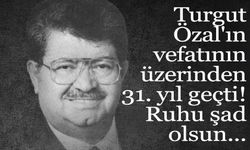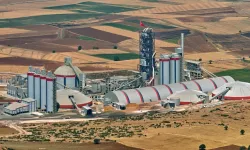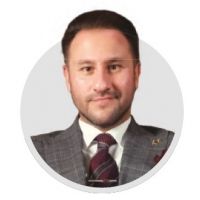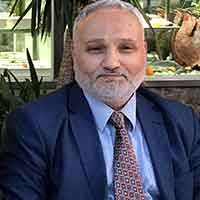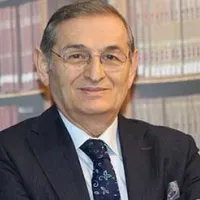Nato leaders are expected to agree that China presents a security risk at their annual summit in Brussels, the first time that the traditionally Russia-focused military alliance will have asserted it needs to respond to Beijing’s growing power.
Jake Sullivan, the US national security adviser, promised ahead of a meeting that will be attended by Joe Biden that China “will feature in the communique in a more robust way than we’ve ever seen before”.
The senior White House official said Nato had a role in developing a shared military capability in response to China, “including in the nuclear sphere”, to engage in information sharing and act as a “forum for democratic values”.
Nato, founded in 1949 at the start of the cold war, was created to respond to the Soviet Union and more recently Russia, while China rarely posed a serious security concern for its members.
Biden wants to create international blocs of democratic nations to act as a counterweight to China’s authoritarian system and its fast growing economic and military might, and the topic was also high on the agenda at the weekend’s G7 meeting.
Advertisement
Other countries have highlighted the importance of striking a balance. Boris Johnson, the UK prime minister, said as he arrived at the gathering: “I think when it comes to China, I don’t think anybody around the table today wants to descend into a new cold war.”
Jens Stoltenberg, Nato’s secretary general, said it was important to engage with Beijing “on issues like climate change, arms control”. But, he added, “China’s military buildup, growing influence and coercive behaviour also poses some challenges to our security”.
G7 leaders criticised Beijing over human rights in its Xinjiang region, called for Hong Kong to keep a high degree of autonomy and demanded a full investigation of the origins of the coronavirus in China.
China’s embassy in London said such mentions of Xinjiang, Hong Kong and Taiwan distorted the facts and exposed the “sinister intentions of a few countries such as the United States”. It added: “China’s reputation must not be slandered.”
Stoltenberg also said the alliance’s relationship with Russia was at “its lowest point since the end of the cold war”. He blamed Russia’s “aggressive actions” for the deterioration in relations at the start of a one-day summit that will be attended by Biden for the first time since he took office.
Alliance members will also be looking for a strong statement of support for Nato from Biden after several years in which Donald Trump dominated the summits, threatening to pull out of Nato in 2018 and storming home early in 2019.
Last week, the US president declared Nato’s article 5, under which an armed attack against one member is deemed an attack against them all, a “sacred commitment”, following a meeting with Stoltenberg.
On Sunday night Sullivan said Biden would stress that the US was re-engaged with the 72-year-old military alliance when he visited Brussels.
The president’s message to other leaders would be “the United States regards Nato as the foundation for our security – not just in the Euro Atlantic, but worldwide – and that we will be there for our allies. We will have their backs just as they’ve had our backs.”
A particular concern, which will be addressed at the meeting, is the Kremlin’s growing cyber threat; it has mounted new espionage operations exploiting software vulnerabilities and turned a blind eye to criminal gangs engaged in online extortion.
Alliance members are expected to agree a new cybersecurity strategy in response, and agree for the first time to help each other out in the case of “cyber-attacks of significance” mirroring Nato’s obligation of collective defence in the traditional military sphere, enshrined in article 5.




